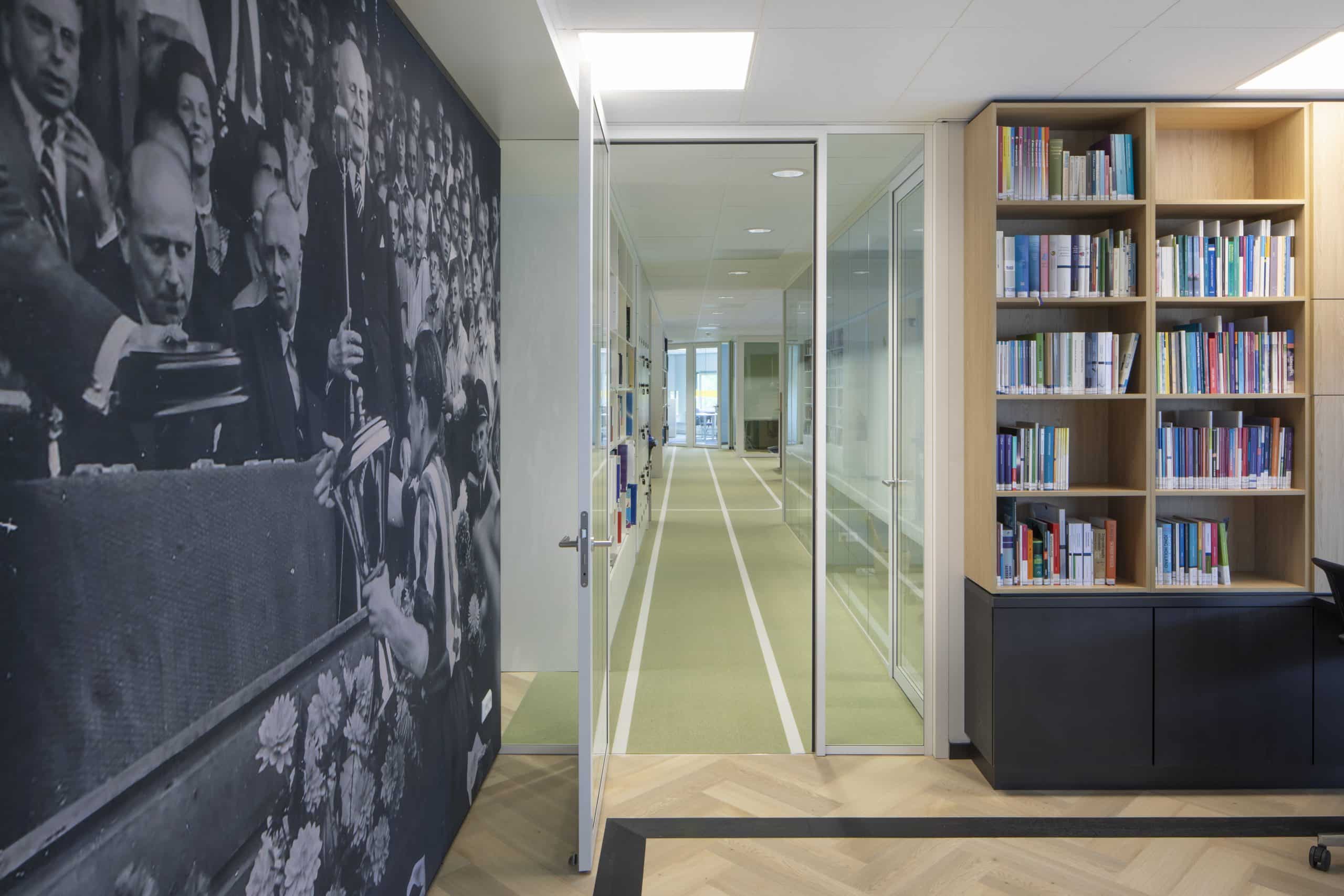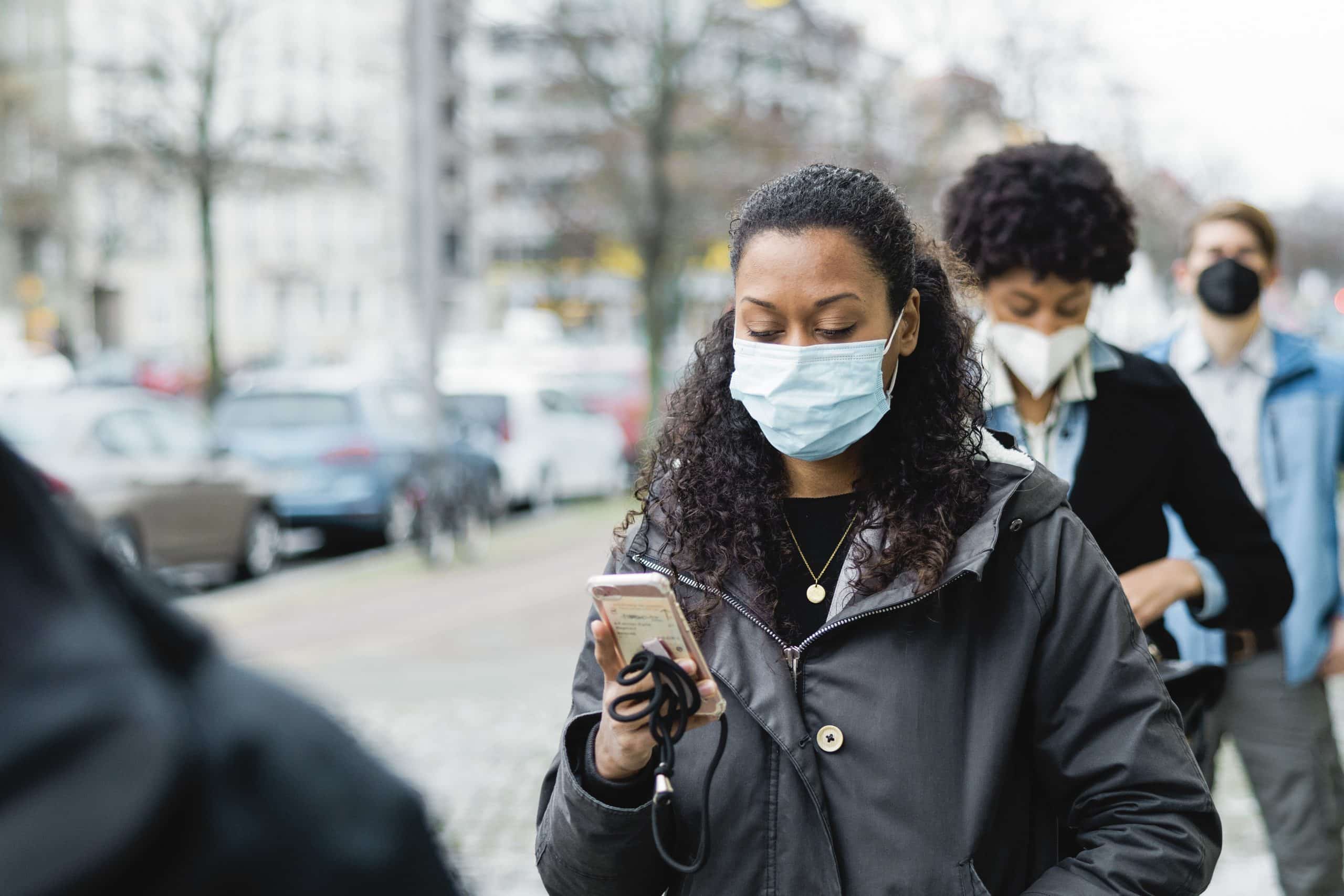Topics on this page
About us
The Mulier Institute was founded in 2002 and is the only independent, non-profit, scientific sport-research institute in the Netherlands. As such, it is engaged in fundamental, practice-focused and policy relevant social-scientific sport research. It monitors the developments within the Dutch sports sector. It builds its own databases and trend series to this end, in close cooperation with academic and professional universities both in the Netherlands and abroad as well as with other research organisations and statistical administrative bodies, such as CBS Statistics Netherlands and Eurostat.
The institute aspires to enhance the quality of sport research and sport policy in the Netherlands. It therefore advocates the appointment of sports professors, and organises conferences and symposiums, such as the annual Sport Research Day (DSO). The Mulier Institute is a prominent member of many national and international research communities, including Measure, EASS (opent in nieuw tabblad) and ISSA (opent in nieuw tabblad).
Foundation
The Mulier Institute has an annual budget of 6 million euros. Part of this budget is funded by an institutional grant from the Dutch Ministry of Health, Welfare and Sport. The other financial means stem from contract research for third parties (municipalities, ministries, sport unions and umbrella organisations) as well as subsidies for scientific research.
The institute has the legal form of a foundation. It is a non-profit organisation. Its daily management is run by Prof. dr. Remco Hoekman, together with a magagement team. The Mulier Institute employs 70+ staff members, mostly researchers with a background in social sciences. The institute’s offices are located in the Galgenwaard stadium of professional football club FC Utrecht.
The institute is named after W.J.H. (Pim) Mulier (1865-1954), the pioneer and patriarch of (organised) sports in the Netherlands. Pim Mulier stood at the basis of the Dutch Football Association and Athletics Union, was involved in the founding of the ISU International Skating Union and helped internationally renowned sport events, such as the Four Day Marches Nijmegen (opent in nieuw tabblad) and the Eleven Cities Skating Tours (opent in nieuw tabblad), take their form and shape.
For more information on the institute’s work and activities, please contact Remco Hoekman.
Featured publications
PhD Projects
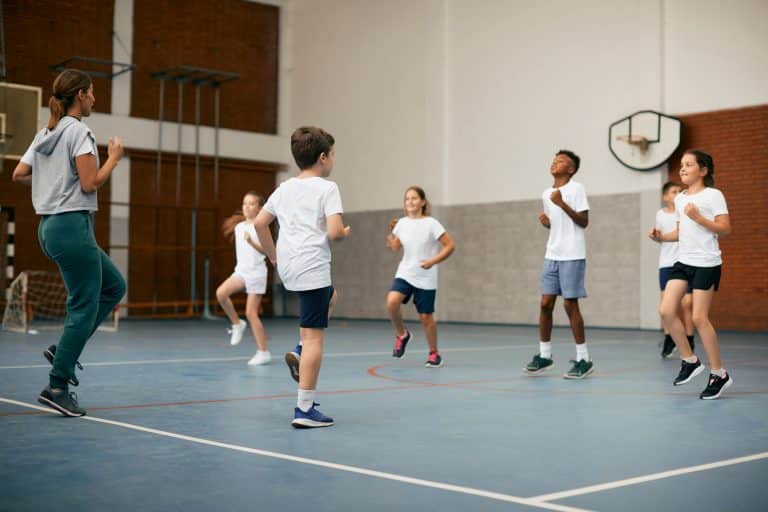
Physical literacy
The aim of this PhD is to develop a tool that tracks children’s physical literacy in primary school. Using this tool, we want to give children and parents appropriate exercise advice.

Evaluating an integrated community-based approach for childhood obesity prevention
In this research project an integrated community-based approach promoting a healthy lifestyle and healthy weight in children and youth (JOGG) will be evaluated.

Survival chances sport clubs
The aim of this research is to identify factors that influence the probability for survival of sport clubs in the Netherlands.
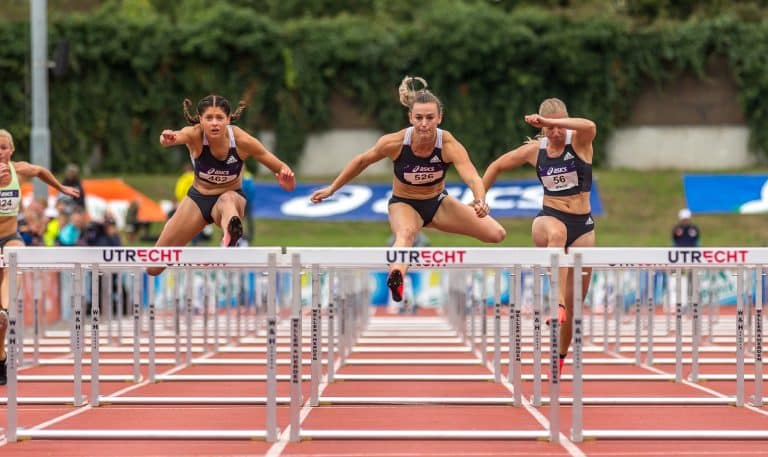
Activating inactive citizens through the organized sports setting: a hurdle race
This research aims to determine whether and how National Sports Federations (NSFs) and sports clubs can successfully contribute to increasing physical activity levels among inactive people
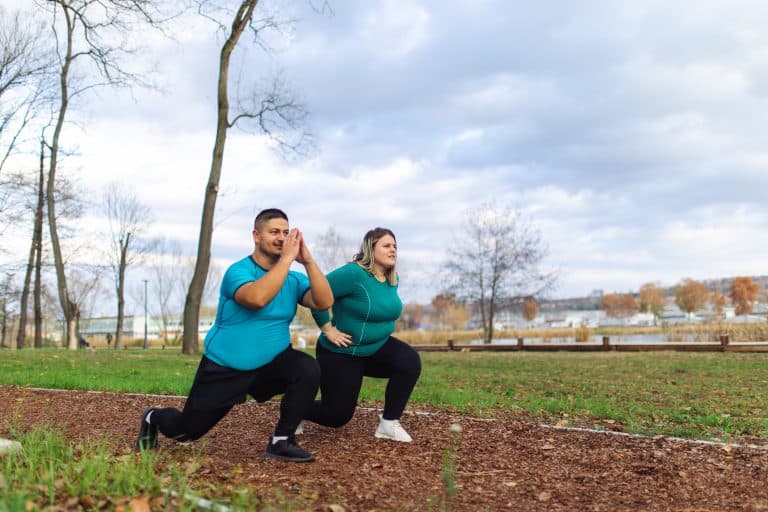
Physical activity in type 2 diabetes care
Physical activity is considered a ‘corner stone’ in type 2 diabetes care. However, physical activity counselling is not always easy. This research aims to gain a profound understanding of these difficulties and offer openings for change.
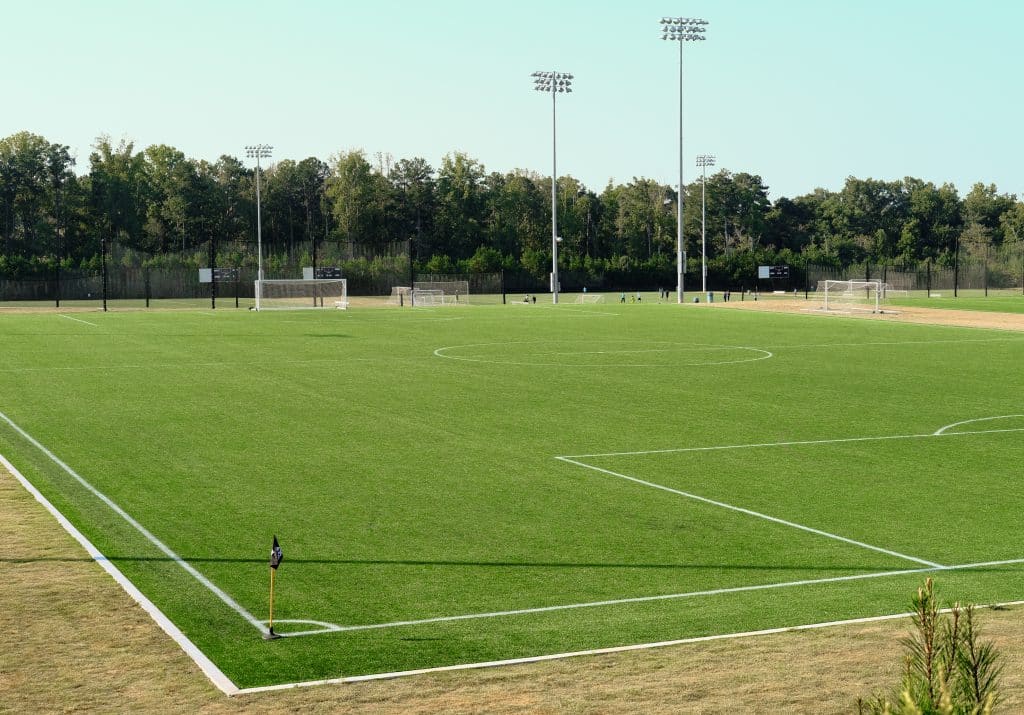
Erasmus+ programmes
The Mulier Institute participates in several Erasmus+ programmes. Examples are Safe Sport Allies and ACTivate.
MEASURE network
The MEASURE network was inititated at the 7th EASS meeting in Porto in 2010 by Koen Breedveld and Remco Hoekman of the Mulier Institute, and Jeroen Scheerder of the Catholic University Leuven, with the following objectives:
- to improve the access to reliable sport participation data and the possibility for researchers to exchange information;
- to improve the quality of sport participation data;
- to improve the understanding of differences in sport participation between countries and social groups;
- to raise interest in sport participation research among policy makers.
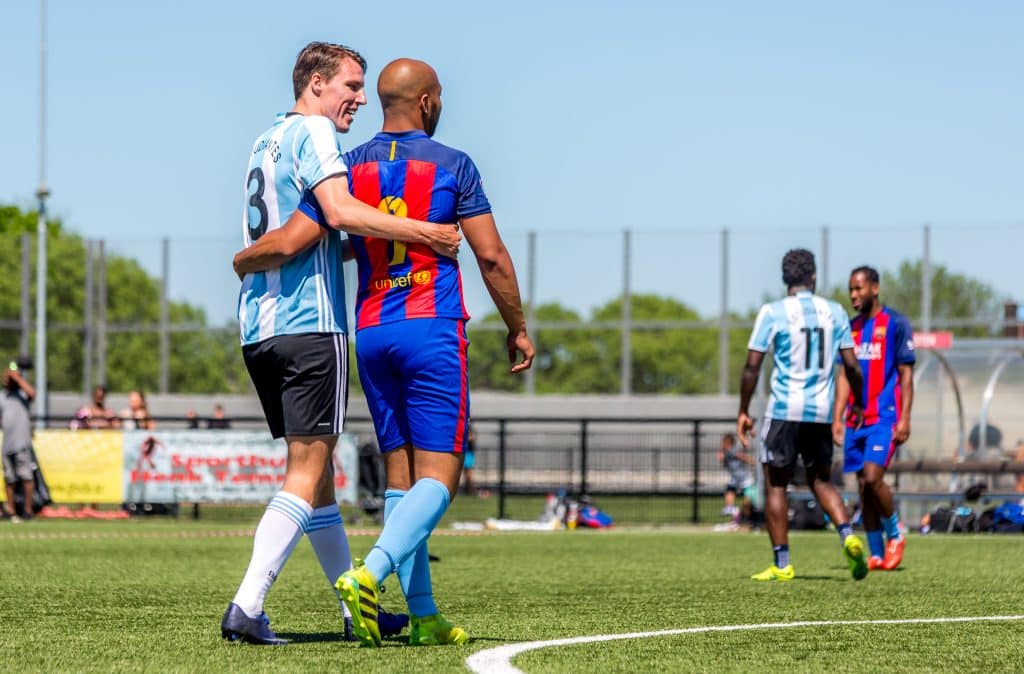
Privacy
We take your privacy seriously. The Mulier Institute is a research institute that handles data with care. The participants in our research are very important to us. We cannot conduct reliable research without participants such as yourself. What does this mean in practice?
- Answers in a research report cannot be traced back to specific persons.
- We will never share your individual answers with our clients without your permission.
- Sometimes we ask you to answer a question in your own words. We may use these answers as a quote in a report. We do this as an illustration. We ensure that the public cannot trace the answer back to you. This is also applicable to answers you provide during a (group) interview.
- We endorse the principles of Fair data.
- Your answers will most often be used for one research project, but sometimes we conduct follow-up research or research with another focus. If we use your answers for more than one research project, no one will be able to trace the answers back to you.
- Sometimes we ask research participants if we can contact them again for a new project or a follow-up. You can always stop participating in the new research project, even if you had already agreed to it.


